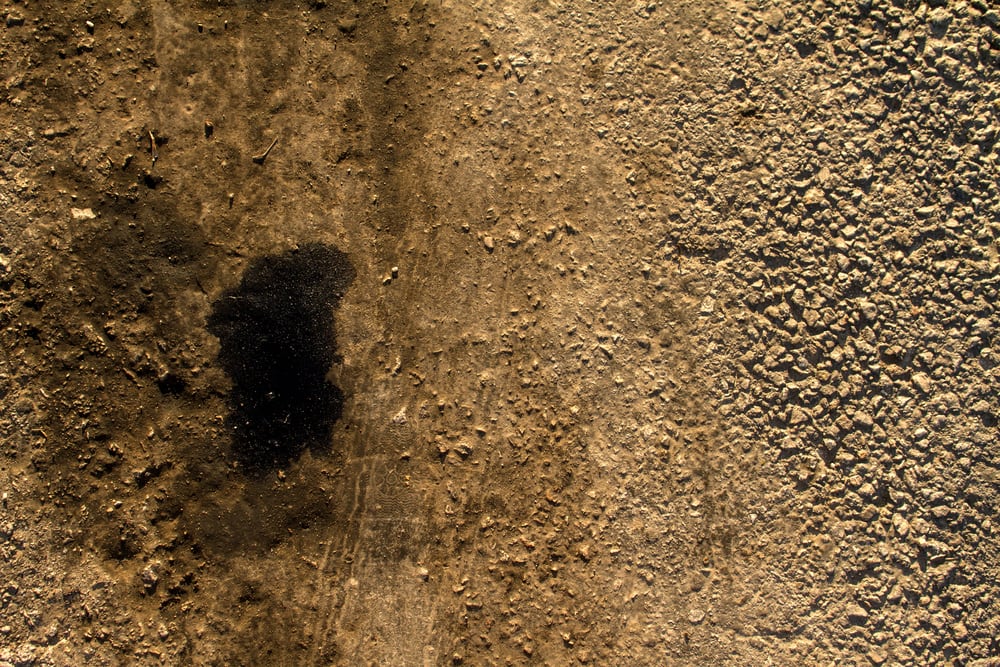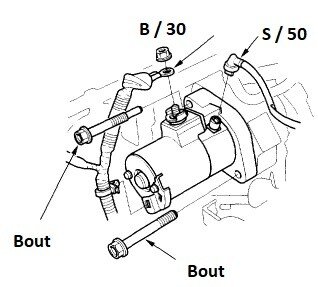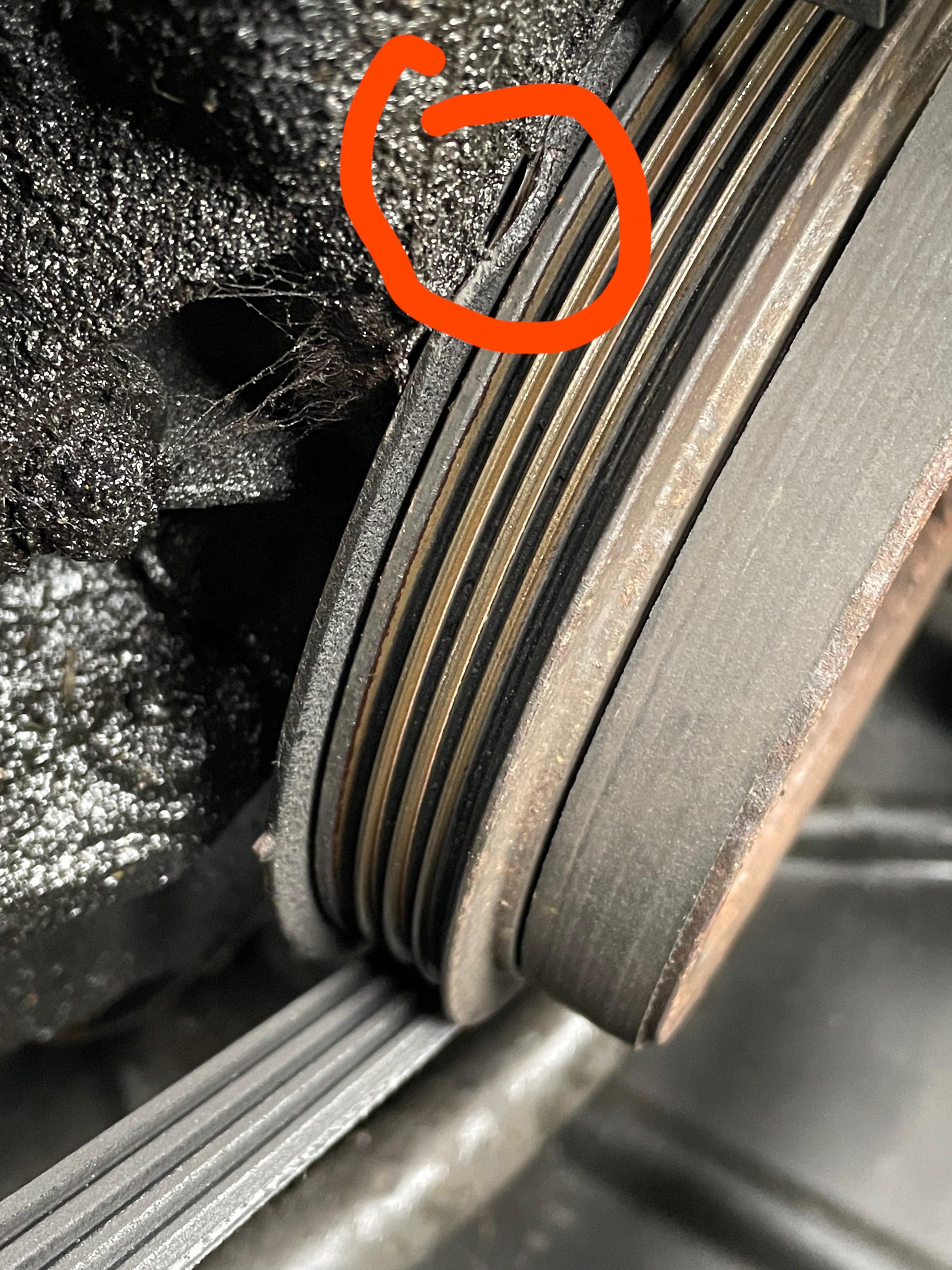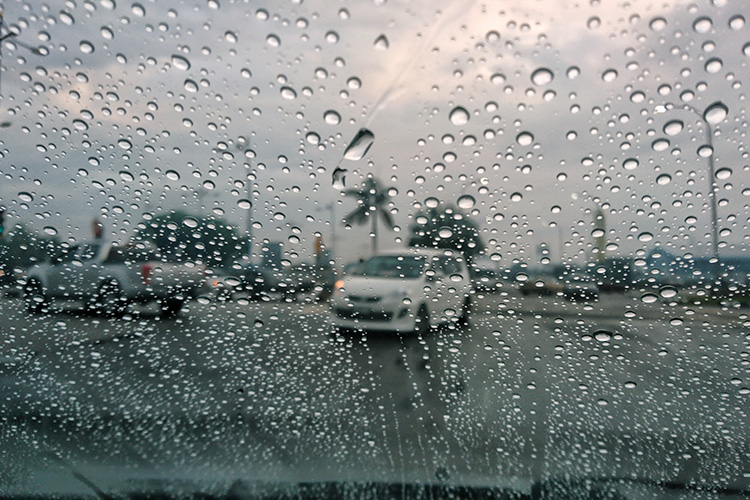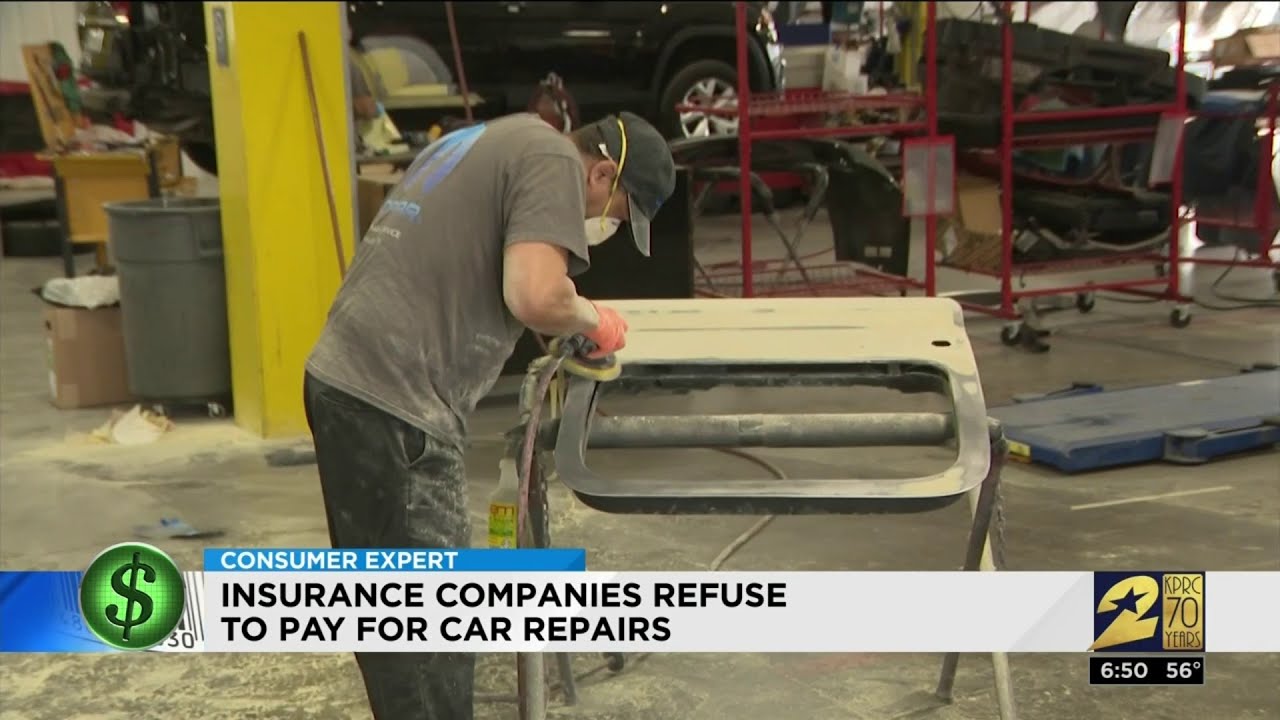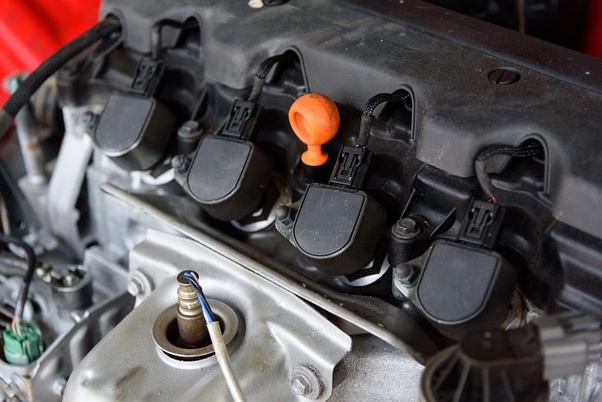Gas Leak in Car Dangerous
A gas leak in a car is extremely dangerous as it poses a risk of fire or explosion. It can also lead to health issues due to toxic fume inhalation.
Driving a vehicle with a suspected gas leak is a perilous endeavor. The presence of a strong fuel odor, visible fuel on the ground, or a sudden drop in fuel efficiency could indicate a leak. Afflicted vehicles are significant hazards not just to the occupants but to the surrounding environment as well.
Swift detection and repair are paramount to ensuring safety. Ensure regular maintenance of your car to minimize the risk of gas leaks and to keep it operating safely. Mechanics should promptly address any fuel system concerns, keeping performance optimal and reducing the potential for catastrophic outcomes.
The Hazards Of Gas Leaks In Vehicles
A gas leak in a car is not just a problem for the vehicle, but a real danger for the driver, occupants, and the environment. Understanding these dangers is critical for safety and maintenance. Let’s discuss the hazards that gas leaks pose.
Health Risks From Inhaling Fumes
Gasoline fumes are toxic. Breathing them in can make people feel sick. Long-term exposure can even cause more serious health problems. See the risks:
- Dizziness and headaches
- Eye, throat, and nose irritation
- Long-term effects like kidney damage or cancer
Risk Of Fire Or Explosion
Fuel is highly flammable. A gas leak near any spark or high heat can cause a fire or explosion. This risk makes leaks very dangerous:
- A spark while starting the car
- Heat from the engine or exhaust system
- An accident can ignite leaking fuel quickly
Environmental Impact Of Fuel Leaks
Leaking gas hurts the environment. It’s bad for the air and can harm water and soil. Fuel leaks contribute to pollution:
| Type of Pollution | Impact |
|---|---|
| Air Pollution | Releases harmful chemicals into the atmosphere |
| Water Contamination | Can poison drinking supplies and affect wildlife |
| Soil Degradation | Makes soil toxic, endangering plants and animals |
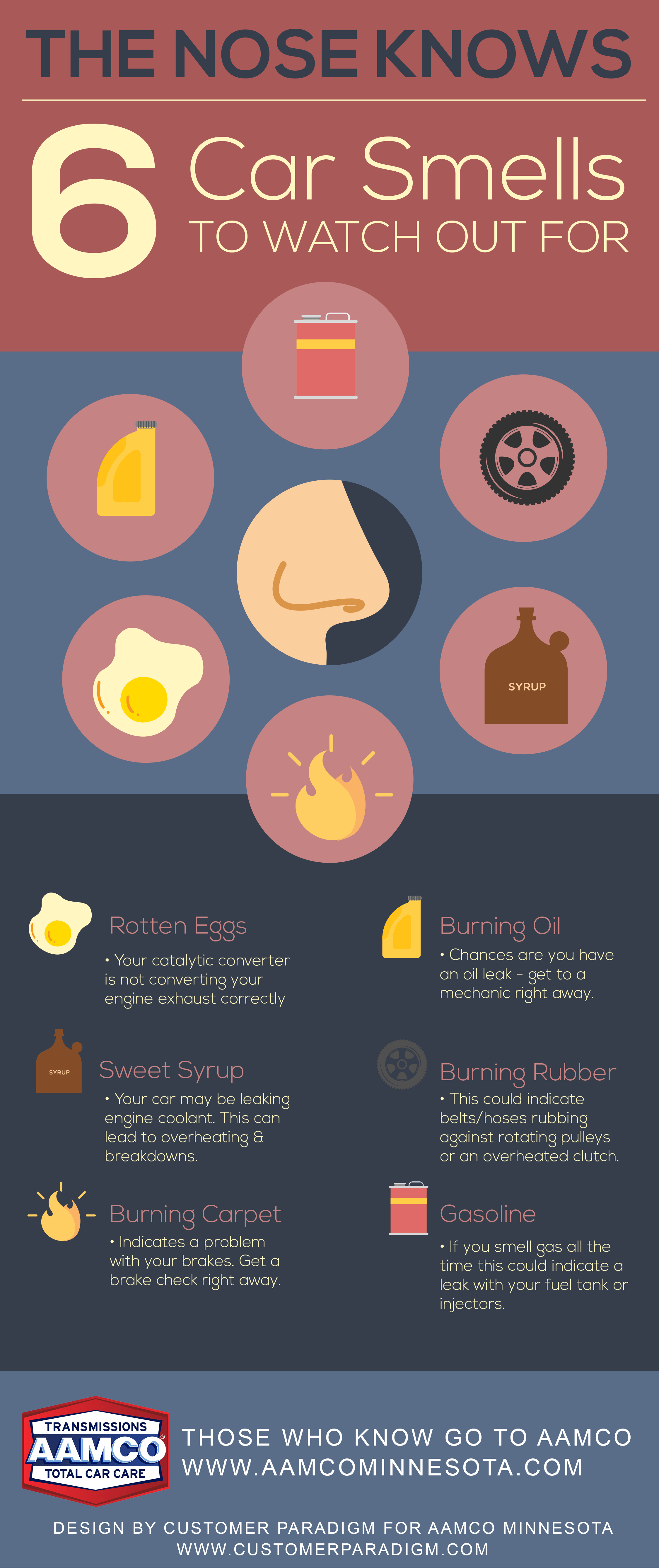
Credit: aamcominnesota.com
Detecting Gas Leaks: Common Symptoms
Car safety takes a front seat when it comes to maintaining your vehicle. A gas leak can be a critical issue, risking both safety and performance. Recognizing common symptoms is key to addressing a leak promptly.
Smell Of Gasoline Around The Car
A telltale sign of a gas leak is an unmistakable odor. The smell of gasoline near your car, especially when it’s not running, indicates a possible leak. It’s important to address this immediately to prevent safety hazards.
Visible Fuel Puddles Under The Vehicle
If you spot a pool of liquid under your vehicle, it could be fuel. Shining a light may reveal a reflective sheen on the liquid, confirming that it’s gasoline. This visible evidence often means there’s a significant leak that needs immediate attention.
Performance Issues And Decreased Fuel Efficiency
Sudden drops in your car’s performance and fuel efficiency often signify a leak. You may notice your vehicle struggles to accelerate or consume more fuel than usual. These issues usually prompt a vehicle owner to inspect further for leaks.
| Symptom | Indication | Action |
|---|---|---|
| Gas Smell | Possible leak | Check car |
| Fuel Puddles | Significant leak | Immediate fix |
| Performance Drop | Potential leak | Further investigation |
Causes Of Fuel Leaks In Cars
The safety of your vehicle hangs in the balance with a potential fuel leak, and understanding the root causes is key. Fuel leaks can be a silent threat, inching in from a variety of sources each more dangerous than the last. Below, we delve into the common culprits behind these hazardous leaks.
Deterioration Of Fuel Lines And Hoses
Time and wear take their toll on your car’s fuel lines and hoses. These critical pathways, responsible for transporting fuel, are not immune to damage. They can weaken, crack, or split, leading to dangerous leaks. Regular vehicle maintenance is essential to catch and address these issues early.
Corrosion In The Fuel Tank
Rust does not discriminate, and your fuel tank can fall victim to corrosion. As the tank corrodes, tiny holes may form. This results in fuel seeping out. If your car is older or has been exposed to elements like salts, be vigilant in checking for signs of rust.
Faulty Fuel Injectors And Loose Connections
Fuel injectors are pivotal for the precise delivery of fuel to your engine. If they malfunction or sustain damage, leaks can ensue. Furthermore, loose connections in the fuel line fittings are a red flag. They can let fuel escape, posing a risk every time you ignite the engine.

Credit: www.way.com
Immediate Steps After Discovering A Leak
Discovering a gas leak in your car can be alarming. It is crucial to act swiftly to ensure everyone’s safety and prevent further dangers. Follow these urgent steps without delay to handle the situation properly:
Ensuring Safety By Turning Off The Ignition
The first action to take is to immediately switch off your car’s ignition. Do not attempt to drive your car. This reduces the risk of igniting any leaking fuel. Here is what to do:
- Turn off your car’s engine.
- Remove the keys from the ignition.
- Make sure all electrical systems are off.
Avoiding Starting The Engine
If you smell gas, do not start the engine under any circumstances. This might cause a spark. Follow this advice to stay safe:
- Keep away from starting your car.
- Evacuate the vehicle and move to a safe distance.
- Avoid smoking or using flames nearby.
Contacting Professional Help
A gas leak in a car is serious and requires expert attention. Here’s who to contact:
- Call a tow service to move your car safely.
- Reach out to your mechanic or dealer.
- If necessary, dial emergency services for advice.
Prevention And Maintenance To Avoid Gas Leaks
Gas leaks in a car are serious and can lead to hazardous situations. Regular prevention and maintenance are key to ensuring your vehicle stays safe and gas leak-free. Paying attention to the health of your vehicle’s fuel system is critical. Follow these steps to protect your car and loved ones from potential dangers.
Regular Vehicle Inspections
Your car needs check-ups to find issues early. Professional mechanics spot signs of wear and potential gas leaks. Aim for bi-annual inspections to catch and fix problems promptly.
- Check hoses and fuel lines for cracks or brittleness.
- Ensure all connections are secure and tight.
- Inspect the fuel tank for any signs of damage or corrosion.
Timely Replacement Of Fuel System Components
Parts wear out over time. Replacing them before they fail is a smart move. Focus on components like fuel lines, the fuel filter, and the fuel pump. Maintain a schedule based on your car’s manual or mechanic’s advice.
- Change filters every 12,000 to 15,000 miles.
- Get new fuel pumps as recommended by the manufacturer.
Using High-quality Fuel
What you put in your car matters. High-quality fuel keeps the engine clean and running smoothly. It reduces the risk of fuel system clogs that can lead to leaks.
| Fuel Type | Benefits |
|---|---|
| Regular Unleaded | Suitable for most cars |
| Premium Unleaded | Better for high-performance engines |
Stay vigilant about your car’s maintenance to prevent gas leaks. Regular inspections, replacing old parts, and using good fuel combine to keep your vehicle safe.
Legal And Insurance Considerations
Gaseous whispers from your car could hint at dangerous leaks. Not only are such leaks a risk for fires, they also come entangled with legal and insurance quandaries. Grasping these aspects minimizes risk and ensures proper procedures follow in the unfortunate event of a gas leak.
Reporting The Leak To Authorities
The scent of gas around your car isn’t a sign to ignore. Immediate action is crucial. Report the situation to local fire services or environmental protection agencies. This step is often necessary for public safety and may even be mandated by local laws.
Understanding Insurance Coverage For Repairs
Scrutinize your car insurance policy for details on coverage. Gas leaks often fall under the umbrella of comprehensive insurance. This coverage typically handles non-collision related repairs.
- Check deductible amounts
- Review exclusions and limits
- Confirm claim submission procedures with your insurer
Liability Issues In Case Of An Accident
The aftermath of an accident with a gas leak can be severe. If a leak in your car leads to an accident, you might be held liable for damages.
| Consideration | Detail |
|---|---|
| Negligence | If you knew of the leak and ignored it |
| Damages | Potential harm to others could be grounds for legal action |
| Insurance Claims | Your provider may deny claims if neglect is proven |

Credit: insideclimatenews.org
Frequently Asked Questions On Gas Leak In Car Dangerous
Is A Gas Leak In My Car A Serious Issue?
Yes, a gas leak in a car is a serious safety concern. It poses a fire risk, can lead to engine damage, and is harmful to breathe in. Addressing a gas leak promptly is crucial for safety and vehicle health.
What Are Signs Of A Gas Leak In A Car?
Common signs of a gas leak include a strong smell of gasoline, visible fuel on the ground, poor fuel economy, and a hissing or whining noise from the fuel tank area. If you notice these symptoms, inspect your car immediately.
How Can I Safely Handle A Car Gas Leak?
If you detect a gas leak, turn off the engine and avoid smoking or any open flames nearby. It’s best to have your car towed to a mechanic for repair, as driving with a gas leak is hazardous.
Can A Gas Leak Affect My Car’s Performance?
Yes, a gas leak can affect your car’s performance. It can cause the engine to run poorly, decrease fuel efficiency, and might even result in stalling. Timely repair is important to maintain vehicle performance.
Conclusion
Understanding the risks associated with a gas leak in your car is crucial for ensuring your safety and the wellbeing of your passengers. Regular maintenance checks can prevent such hazardous occurrences. Should you ever detect the tell-tale signs of a gas leak, act promptly.
Consult a professional mechanic and prioritize resolving the issue to steer clear of potential dangers. Remember, vigilance on the road starts with a safe and well-maintained vehicle.

